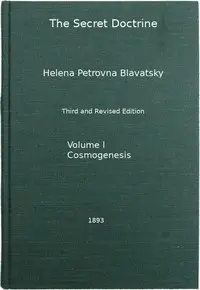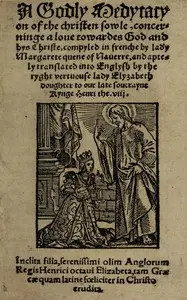"Citadel of Faith" by Shoghi Effendi focuses on the Bahá'í Faith's advancements and ambitions in the post-war world. It explores how Bahá'í communities were working to strengthen themselves and extend their reach worldwide. The book underlines the importance of togetherness, dedication to spiritual work, and the shared duties Bahá'ís have in spreading their beliefs, based on the instructions from Bahá'u'lláh and 'Abdu'l-Bahá. The early parts of the book express gratitude for the Bahá'í community's work, especially in building the Bahá'í House of Worship, and their commitment to the Second Seven-Year Plan. It stresses how important it is for all Bahá'ís to help spread the faith into new areas and make it stronger in Europe and Latin America, showing strength and unity during global changes.

Citadel of Faith
By Effendi Shoghi
Explore the global journey of a religious community striving for unity and expansion in a world recovering from war.
Summary
About the AuthorShoghí Effendi (; Persian: شوقی افندی; 1 March 1897 – 4 November 1957) was an Ottoman-born Iranian religious figure and the Guardian of the Baháʼí Faith from 1921 to 1957. As the grandson and successor of ʻAbdu'l-Bahá, he was responsible for creating a series of teaching plans that oversaw the expansion of the Baháʼí Faith to a number of new countries, and also translated many of the written works of crucial Baháʼí leaders. Upon his death in 1957, the Hands of the Cause, which included his Canadian wife Rúhíyyih Khánum, took on the role of overseeing the transfer of the religion's supreme legal authority to the Universal House of Justice, which has held elections every five years since 1963.
Shoghí Effendi (; Persian: شوقی افندی; 1 March 1897 – 4 November 1957) was an Ottoman-born Iranian religious figure and the Guardian of the Baháʼí Faith from 1921 to 1957. As the grandson and successor of ʻAbdu'l-Bahá, he was responsible for creating a series of teaching plans that oversaw the expansion of the Baháʼí Faith to a number of new countries, and also translated many of the written works of crucial Baháʼí leaders. Upon his death in 1957, the Hands of the Cause, which included his Canadian wife Rúhíyyih Khánum, took on the role of overseeing the transfer of the religion's supreme legal authority to the Universal House of Justice, which has held elections every five years since 1963.

















